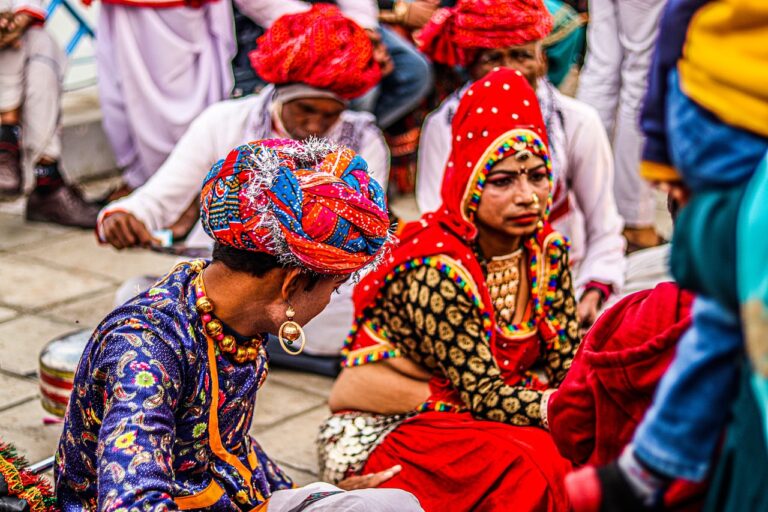The Role of Religious Institutions in Voter Mobilization: Betbhai9 whatsapp number, Play exch.in, Lotus365.win new id
betbhai9 whatsapp number, play exch.in, lotus365.win new id: Religious institutions play a significant role in voter mobilization, especially in democratic societies where every eligible citizens vote counts. These institutions, including churches, mosques, temples, and synagogues, have a unique ability to reach a wide range of individuals and influence their beliefs and actions.
1. Historical Significance:
Throughout history, religious institutions have been at the forefront of social movements and political changes. From the Civil Rights Movement led by Martin Luther King Jr. to the abolition of apartheid in South Africa, religious leaders have used their platforms to mobilize their followers and promote social justice.
2. Moral Authority:
Religious institutions carry a moral authority that can resonate with their members. When religious leaders speak out on political issues, their followers are more likely to pay attention and take action. This moral guidance can encourage individuals to exercise their right to vote and make informed decisions at the ballot box.
3. Organizational Structure:
Many religious institutions have well-established organizational structures that can be leveraged for voter mobilization efforts. From church bulletins to mosque announcements, these institutions can provide information on voter registration deadlines, polling locations, and candidate profiles to their members.
4. Community Outreach:
Religious institutions are often deeply embedded within their communities, giving them a unique advantage when it comes to voter mobilization. By organizing voter registration drives, candidate forums, and get-out-the-vote campaigns, these institutions can increase voter turnout and civic engagement among their members.
5. Nonpartisan Approach:
While religious institutions may have their own beliefs and values, many choose to take a nonpartisan approach to voter mobilization. By focusing on issues rather than candidates, these institutions can engage a wider audience and promote civil discourse among their members.
6. Education and Empowerment:
In addition to mobilizing voters, religious institutions also have a role to play in educating their members about the importance of civic engagement. By empowering individuals to participate in the democratic process, these institutions can create a more informed and active electorate.
7. Collaboration and Partnerships:
Religious institutions can also collaborate with other organizations, such as nonprofit groups and community leaders, to amplify their voter mobilization efforts. By working together, these organizations can reach a larger audience and make a greater impact on election outcomes.
FAQs:
Q: Are religious institutions allowed to endorse political candidates?
A: While religious institutions are prohibited from endorsing political candidates as tax-exempt organizations, they can engage in nonpartisan voter mobilization activities.
Q: How can I get involved in voter mobilization efforts through my religious institution?
A: Reach out to your religious leaders or community organizers to see how you can volunteer for voter registration drives, candidate forums, and get-out-the-vote campaigns.
Q: Can religious institutions make a difference in election outcomes?
A: Yes, religious institutions have the potential to make a significant impact on election outcomes by mobilizing their members to vote and participate in the democratic process.







